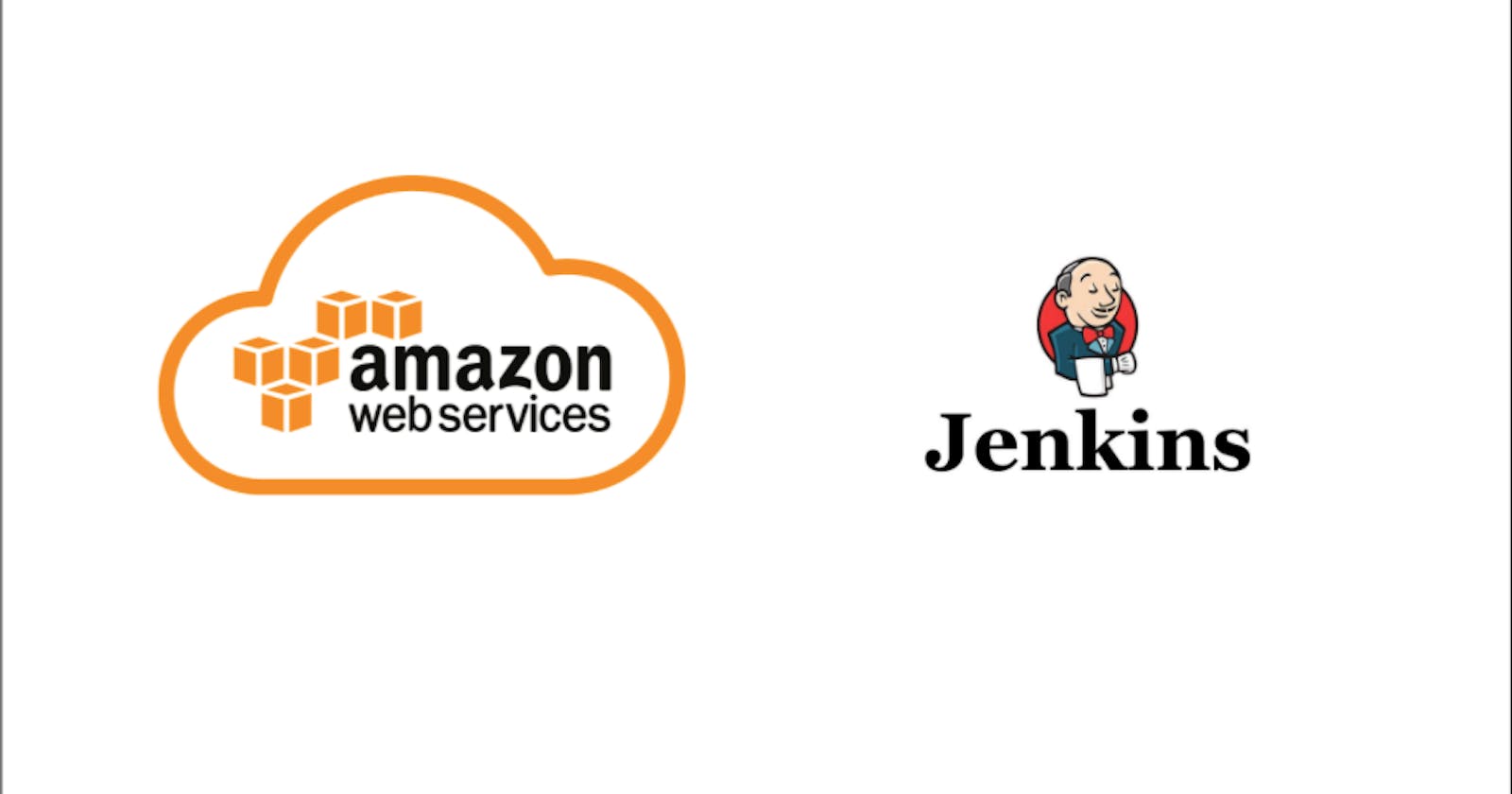Introduction:
In the dynamic field of software development, it is essential to obtain only efficient and reliable continuous integration and deployment (CI/CD). this writeup takes a close look at the dynamic combination of Jenkins — an open-source automation server and Amazon Web Services AWS a topnotch cloud computing platform.
Jenkins Overview:
Jenkins is an open source automation server that helps with the computerization of building, testing and deployment changes in codes. It is a flexible, extendable platform with an immense ecosystem of plugins; therefore it can fit in most project needs. Jenkins provides the principles of continuous integration and continuous delivery enabling developers to integrate code changes regularly, early detection of errors in development stages, and automatic deployment pipeline.
AWS Integration:
When integrated with AWS, Jenkins acquires a powerful array of services and features which improve its abilities to build, test and deploy applications. Some key AWS services that seamlessly integrate with Jenkins include:
1. Amazon EC2: Jenkins can dynamically provision Amazon Elastic Compute Cloud (EC2) instances for scaling resources depending on the workload requirements. This guarantees efficient utilization of resources and cost effectiveness.
2. Amazon S3: Compiled code and build outputs, Jenkins artifacts can be stored in Amazon Simple Storage ServiceS3 , an scalable storage solution
3. AWS Lambda: AWS Lambda’s serverless computing can be used to execute particular tasks within the Jenkins pipeline enabling efficient and cost-effective execution of code snippets.
4. AWS Elastic Beanstalk and ECS: Jenkins integrates with AWS deployment services such as Elastic Beanstalk and Elastic Container Service ECS making the process of deploying applications in containerized environments easy.
5. AWS CodePipeline and CodeBuild: Jenkins can be set up with AWS CodePipeline to coordinate end-to-end CI/CD processes and with the help of a It may also perform on automated build and test procedures.
Benefits of Jenkins and AWS Integration:
1. Scalability: Jenkins can leverage AWS resources dynamically, scaling infrastructure up or down based on workload fluctuations, ensuring efficient resource utilization.
2. Flexibility: The integration enables developers to select the most appropriate AWS services designed for its particular needs, which provides flexibility in building and deploying applications.
3. Cost-Efficiency: AWS provides a pay-per-use model and the resources for CI/CD are dynamically allocated; hence, organizations only charge fees on compute resource usage throughout processes of CI / CD.
4. Reliability and Availability: Having a global infrastructure by AWS helps in enhancing the reliability of Jenkins pipelines as it provides multiple regions and availability zones for deployment, which ensures both high availability and fault tolerance.
5. Security: Jenkins, coupled with AWS gives strong security features like identity and access management, encryption as well as compliance certifications that ensure the safety of critical data at every step in the CI/CD pipeline.
Conclusion:
Jenkins and AWS integration is a powerful synergy for modern software development practices. This collaboration not only simplifies the CI FUNNEL but also enables development teams to develop high-quality software quickly, reliably and cost efficiently. With the trends of embracing cloud and automation by organizations, Jenkins alongside AWS emerges as an unbeatable solution that enables agility and innovation in a software development lifecycle.
